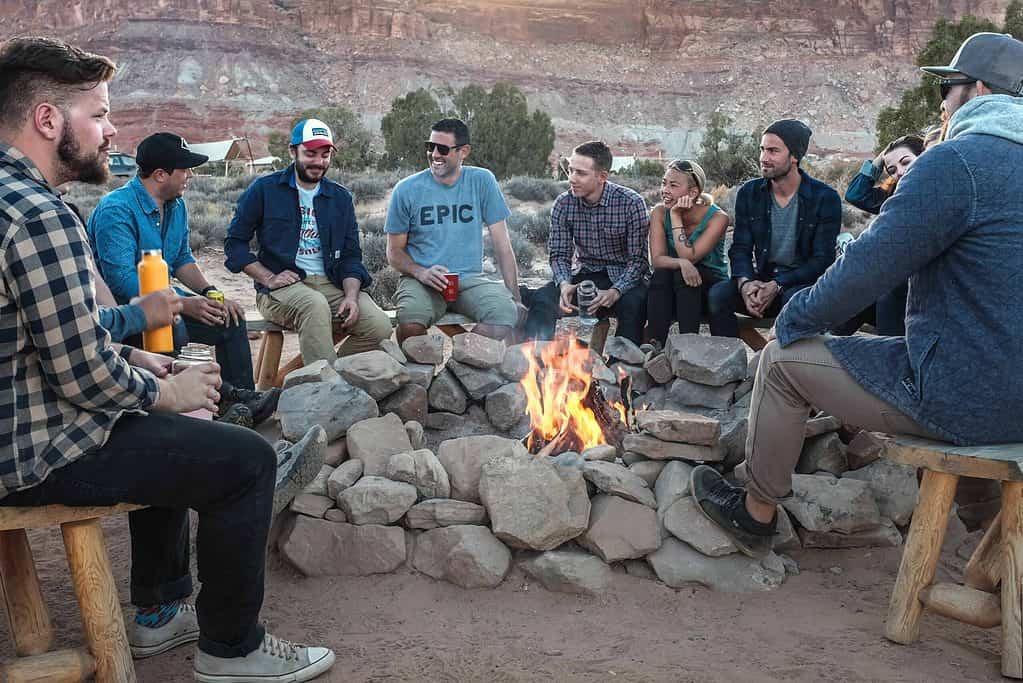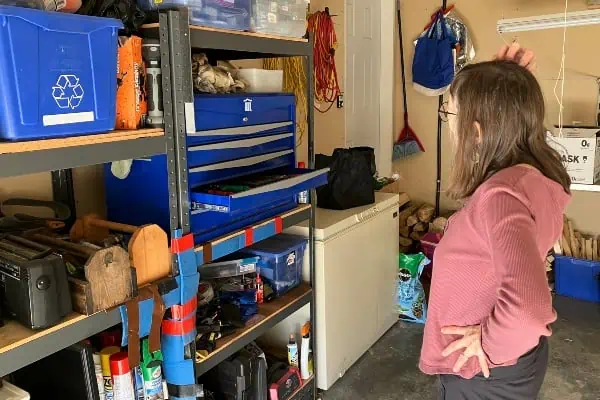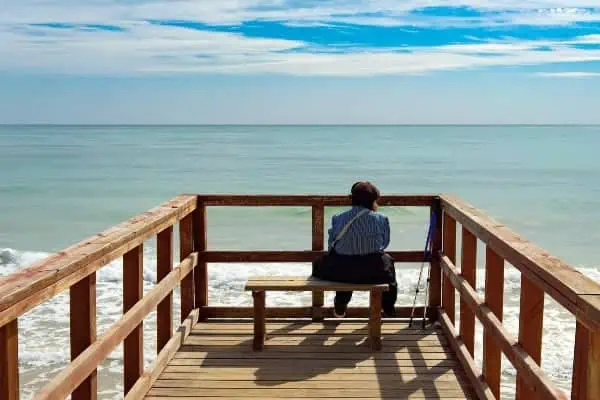
As I sit to begin this article, I have already anticipated its content. I got a cup of tea and placed it to the left of my keyboard. I lit the candle that always burns when I write, and I readied my hands with the hand lotion in the top drawer. It’s a ritual I do when I sit down to write. It gives me comfort, I think, and signals to all my senses that writing is about to happen.
I’ve been thinking about ritual and ceremony lately. Quite a lot. The most-recent pageantry accompanying the death of Her Majesty Queen Elizabeth II and the coronation of His Majesty King Charles III has helped. Even saying their names that way is a ceremony. It’s important.
In my world, ceremonies are a regular thing. I have the honour of leading the people of Whitehorse United Church in worship. Every week. I also get to be with people as they celebrate weddings, the birth of children and sometimes their baptisms, and celebrations at the end of life. Because I do this often, I noticed how different it was during Covid. Weddings were postponed; celebrations of life were, as well. “Just until Covid is over,” we all said. And then—two years later—it seemed like everyone at once realized that it was never going to be “over” the way we had naively anticipated, and we also realized the cost of not having had ceremony and ritual to mark these important transitions. People felt … cheated, I think, out of
whatever it is that ceremony does for us at important times. A sense of things unfinished.
On the other side of things, I have talked to many people (pre-, during and post-Covid) for whom ceremony seems to be meaningless, and ritual is considered quaint, at best, and oppressive at worst. And yet, there is this yearning for words and actions that mark an occasion in community. We sing “Happy Birthday” in the same way, to the same tune, as one small example. Children, I’ve noticed, respond well to ritual; that is, the same actions, in the same order, with the same words. It’s predictable … to know what’s coming is comforting and engenders a sense of belonging.
Two factors leading to positive mental-health outcomes are a sense of connection to the past and a sense of belonging to a group. Ceremony and ritual do exactly that: they link us to one another (and some would say, to the cosmos) in ways that we don’t fully understand but that are true and real.
As we work our way forward in this society, we’ll need to think carefully about ritual and ceremony, about our place in the scheme of things and about who we want to be and become. I’d love to have a wide-ranging conversation with people who think differently about this. I’m in process, and open to hearing what others have to say.
In the meantime, it’s my great niece’s birthday and I need to phone her and sing “Happy Birthday.” I do it every year.




